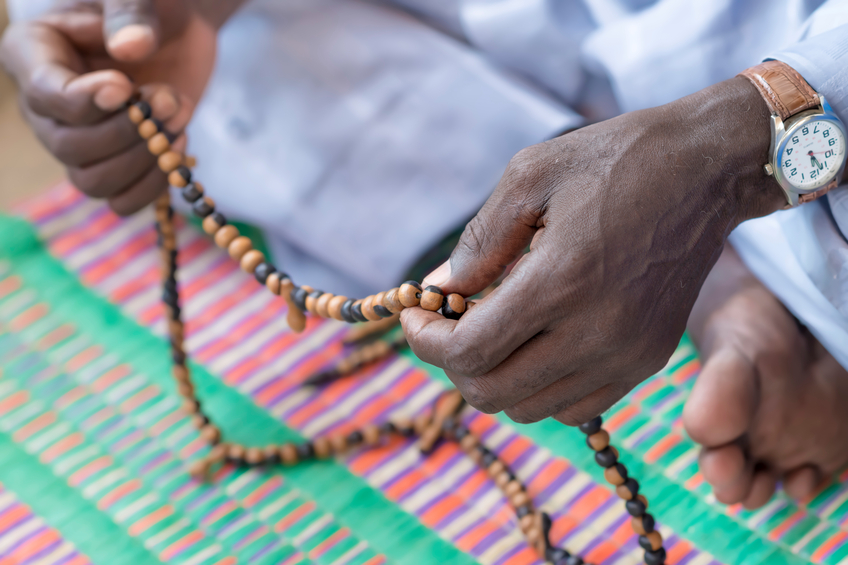Ramadan, 30 days on the Islamic Calendar put aside for fasting, reflection and prayer, has begun and will continue until July 5, 2016. Observant adults (past puberty) fast during daylight hours and when Ramadan falls in the summer months, no food or water is consumed for up to 17 hours. For frail seniors and those with chronic health conditions, including diabetes, this can be a cause for concern. Dehydration is common among older adults during the summer months and combining this with fasting can increase risk for health problems.
However, according to Islamic law, people who are ill or have medical conditions do not have to fast; in fact the Qur’an states that followers of Islam should not act in a way that harms their body. Despite this fact, many try to observe the fast in order to fulfill one of the five pillars of the faith. Those who cannot fast due to age or ill health are required instead to make a donation that would feed one less fortunate person for each day of the fast.
If Muslims with diabetes decide to fast, they should first consult with their doctor. According to Diabetes UK, for those with further complications of diabetes such as poor vision, heart disease or kidney disease, the risk of making these condition worse is very high and individuals should “seriously consider not fasting”. Fasting can increase risk for hypoglycemia (a drop in blood sugar), high glucose levels or diabetic ketoacidosis (DKA, dangerously high blood glucose) which requires medical treatment. A study published in the 2010 British Medical Journal also found that diabetics who fast during Ramadan are at an increased risk for severe hyperglycemia .
If You Decide to Fast – After Consulting with a Doctor
- Test your blood glucose levels regularly
- Eat a meal just before sunrise to help keep blood sugar levels balanced
- Try to consume foods which slowly release energy: multi-grain breads, lentils, beans, rice, fruits and vegetables.
- Drink plenty of water before and after fast
- Avoid foods high in fat or sugar
- Treat high or low blood sugars
- Avoid caffeinated or sugary drinks
- If feeling faint, confused or ill, stop the fast, drink water and seek medical treatment.
To learn more about Ramadan and Diabetes, visit The Muslim Council of Britain atwww.mcb.org.uk/british-muslims/factsheet-guides .






Add Your Voice
0 Comments
Join the Discussion